
26 Feb 2025

0004ngel
To support his mother in Mexico, Angel, a nude dancer, turns the web into his new stage.
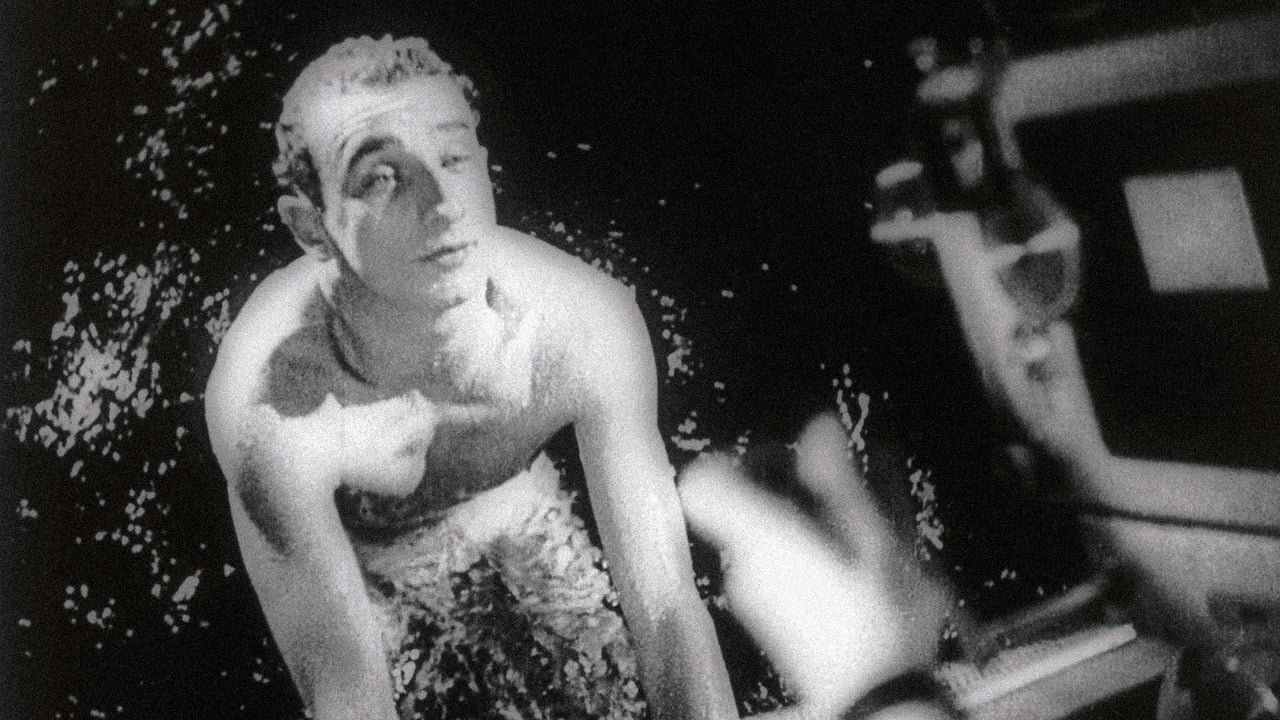
Short documentary directed by Jean Vigo about the French swimmer Jean Taris. The film is notable for the many innovative techniques that Vigo uses, including close ups and freeze frames of the swimmer's body.

Self

26 Feb 2025

To support his mother in Mexico, Angel, a nude dancer, turns the web into his new stage.
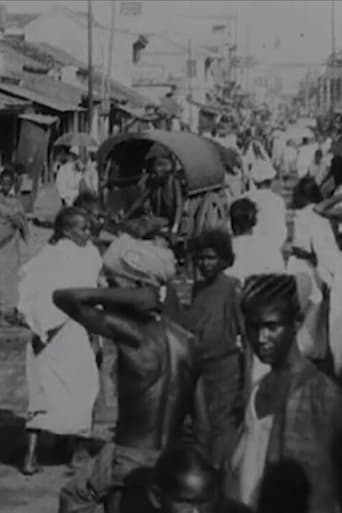
02 Jun 1906

Early film of a crowded street scene in an unidentified Indian city.
02 Aug 1931
Expeditions in the Western Canadian Arctic
15 Jun 1985
Film about the Ethiopian famine of I984/85 and the measures taken to combat it
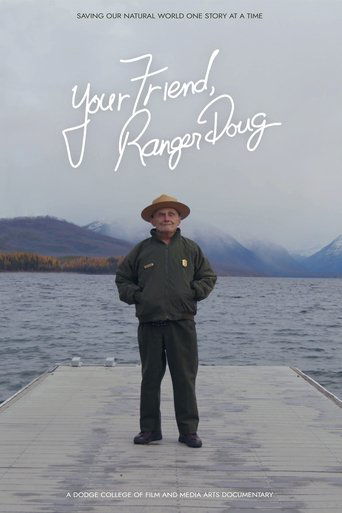
30 Oct 2020

A 94-year-old Glacier National Park ranger confronts the decline of the park he calls home as he reflects on his life and the legacy he will leave behind.
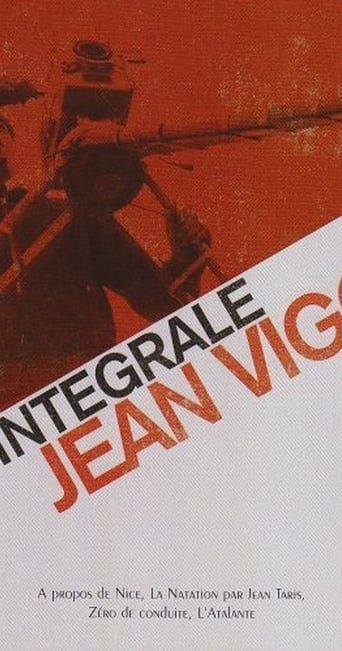
04 Dec 2001

No overview found

04 Nov 2001

No overview found
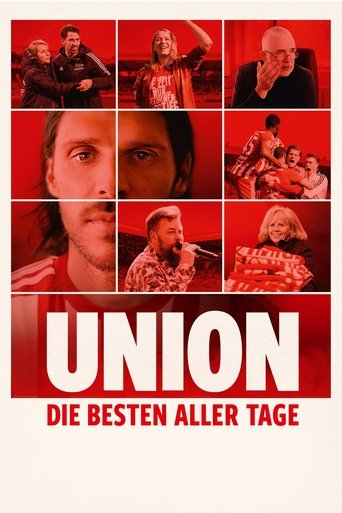
04 Apr 2024

In 2019, Union Berlin was promoted to the Bundesliga. Four years later, the traditional East German club qualifies for the Champions League and achieves something that few would have thought possible. Despite all the euphoria over the triumph, the pressure to remain strong in sporting and economic terms also increased, as did the fear of falling into a conflict of identity between tradition and change. The fact that the soccer underdog from Köpenick still manages to retain its magic is primarily down to the people who work behind the scenes to keep things running smoothly and enthusiastically. Always at their side: a loyal fan base that is prepared to follow their club's path unconditionally. Hendel follows the team behind Union for almost two years, right up to their entry into the top flight, and takes a unique, particularly personal and authentic look behind the scenes of the club.

01 Dec 1933

An exploration —manipulated and staged— of life in Las Hurdes, in the province of Cáceres, in Extremadura, Spain, as it was in 1932. Insalubrity, misery and lack of opportunities provoke the emigration of young people and the solitude of those who remain in the desolation of one of the poorest and least developed Spanish regions at that time.

29 Jan 1956

Filmmaker Alain Resnais documents the atrocities behind the walls of Hitler's concentration camps.
20 Apr 2005
This documentary is featured on the DVD for Captain Blood (1935), released in 2005.
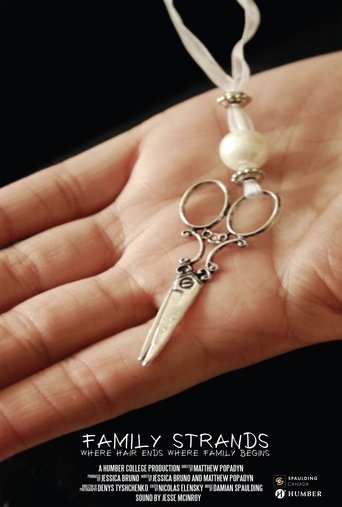
14 Mar 2024

Three generations of women represent the past, present and future of hairstyling. Lisa Bruno, Jessica Fera and Keyra Bruno navigate a journey of growth in their careers and family; leading and learning from one another within their satisfyingly creative world of colours and cuts.

03 Oct 2006

A documentary of the German national soccer team’s 2006 World Cup experience that changed the face of modern Germany.

30 Jun 1896

A group of people are standing along the platform of a railway station in La Ciotat, waiting for a train. One is seen coming, at some distance, and eventually stops at the platform. Doors of the railway-cars open and attendants help passengers off and on. Popular legend has it that, when this film was shown, the first-night audience fled the café in terror, fearing being run over by the "approaching" train. This legend has since been identified as promotional embellishment, though there is evidence to suggest that people were astounded at the capabilities of the Lumières' cinématographe.
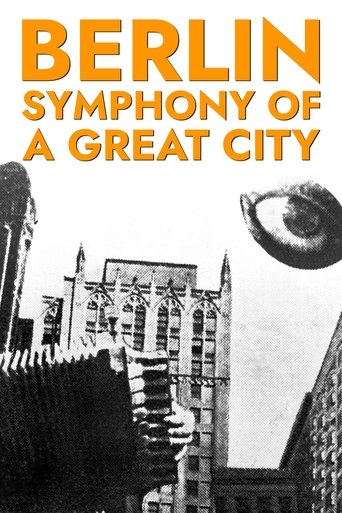
23 Sep 1927

A day in the city of Berlin, which experienced an industrial boom in the 1920s, and still provides an insight into the living and working conditions at that time. Germany had just recovered a little from the worst consequences of the First World War, the great economic crisis was still a few years away and Hitler was not yet an issue at the time.
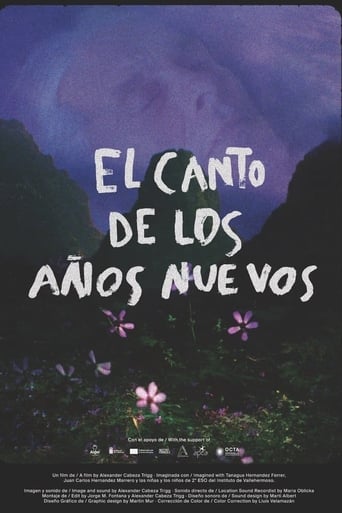
08 Apr 2024

On the island of La Gomera, children imagine stories while they examine archeological remains. An ethno-fictional journey in which past and present coalesce, creating resonances between the volcanic landscape and Silbo, the whistled language of the island.
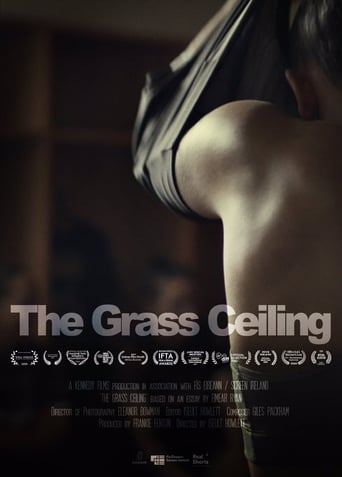
16 Nov 2019

Based on Eimear Ryan’s essay ‘The Fear of Winning’, three successful female athletes explore how being physically courageous, unapologetically competitive and deeply passionate in team sport can unlock a freedom to really occupy your own skin.
26 Sep 2022
The housing market in South Korea is tight, and animator Sunghwan Lee moves from one semi-basement to another temporary home. This situation, combined with his difficult childhood, got him thinking. What is a home? What makes a house a home?
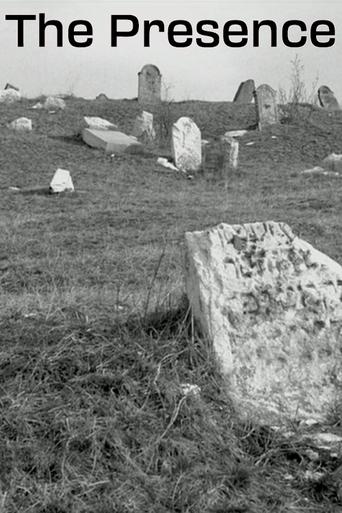
01 Jan 1965

Two old men enter an abandoned synagogue, look at the decay around them, and pray.
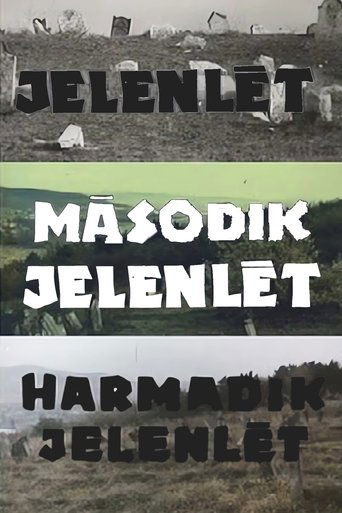
01 Jan 1978

An exploration of a decaying synagogue.